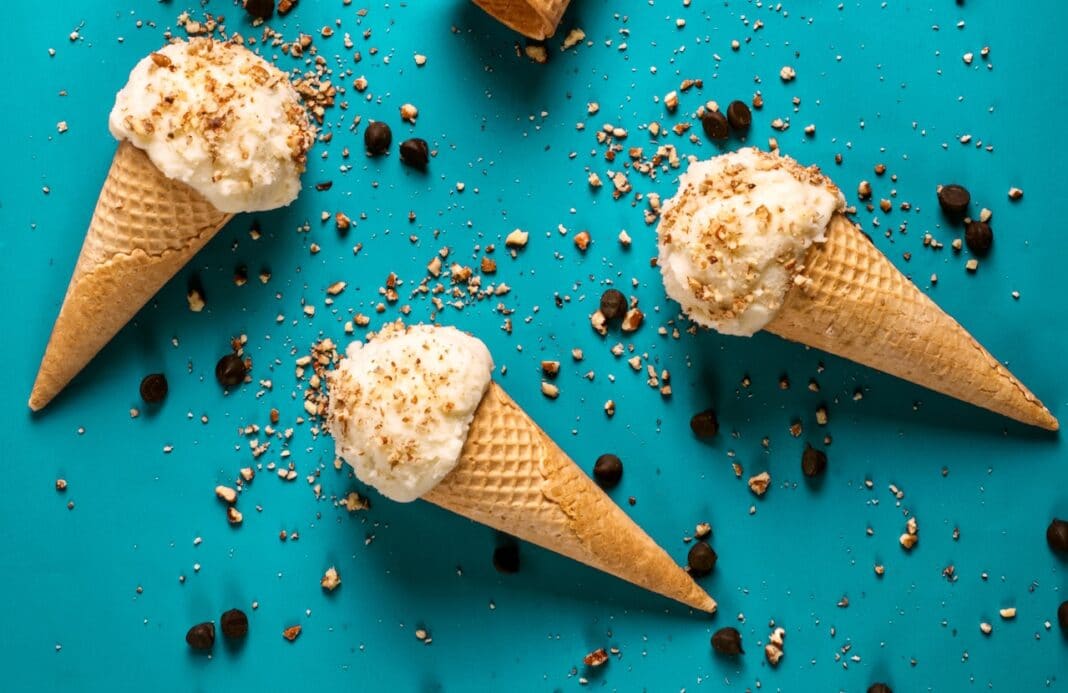Scientists have discovered a way for plastic bottles to be turned into vanilla flavouring using genetically engineered bacteria.
Identifying ‘an urgent need to develop technologies to valorize post-consumer PET waste to tackle plastic pollution and move towards a circular economy’, scientists Joanna C. Sadler and Stephen Wallace present a ‘novel pathway’ for turning PET derived monomer terephthalic acid into vanilla flavouring – ‘a compound ubiquitous in the food and cosmetics industries’.
Sadler and Wallace’s unique method uses the bacteria Escherichia coli to upcycle plastic bottles into vanillin ‘by coupling the pathway with enzyme catalysed PET hydrolosis’. “This work demonstrates the first biological upcycling of post-consumer plastic waste into vanillin using an engineered microorganism,” the pair report in Green Chemistry journal, where the paper was published.
This work demonstrates the first biological upcycling of post-consumer plastic waste into vanillin
The researchers are of the view that there is a ‘strong economic incentive with plastic losing 95% of their material value after a single use, leading to an estimated $100 billion loss to the global economy per annum’. New methods to ‘degrade and valorize’, plastic waste they say, would have considerable economic and environmental impact – particularly when ‘the demand for vanillin far exceeds the supply from vanilla beans’.











